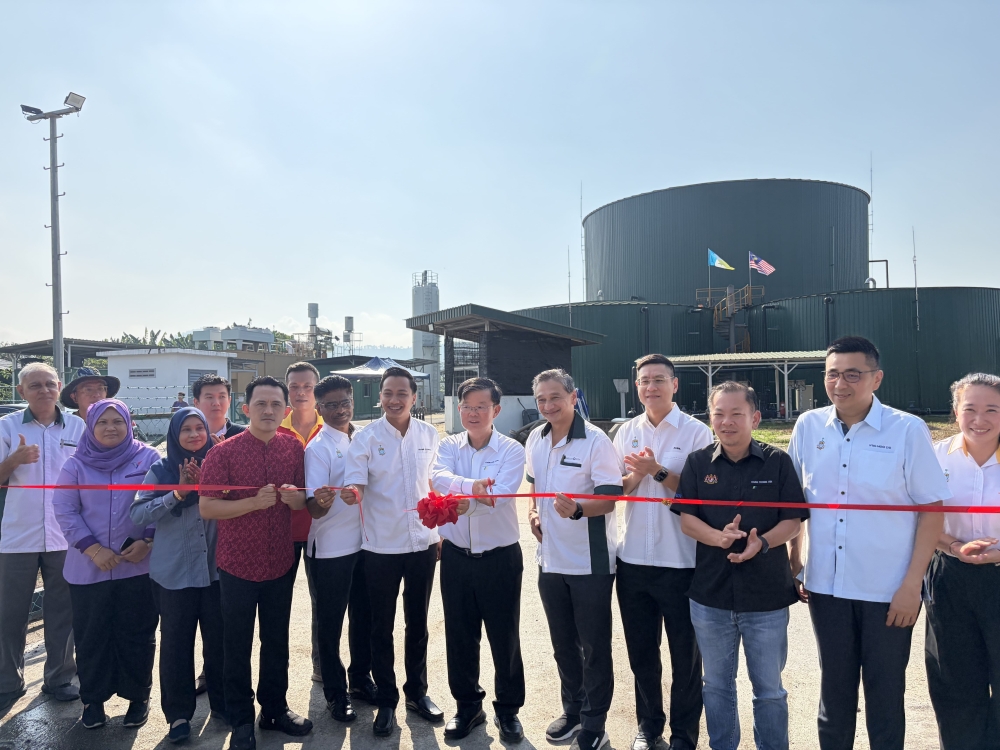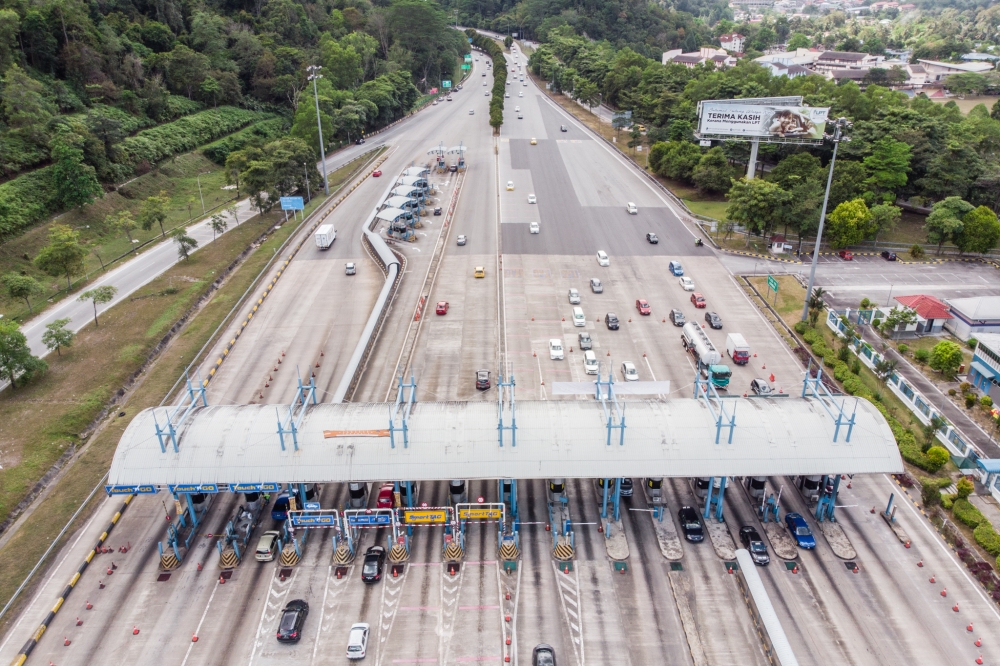KUALA LUMPUR, Nov 18 — Despite a crowded field of candidates running for the 28 seats in this weekend's Melaka state election, political analysts said the fight is mainly between the Barisan Nasional (BN) and Pakatan Harapan (PH) coalitions.
Both coalitions, which had governed the historical state in the last three years, are looking to deepen their hold on power after collapsing due to the sudden withdrawal of support from pro-government lawmakers.
The same analysts said the Perikatan Nasional (PN) coalition that has also entered the arena will primarily act as a spoiler and split the votes.
Even so, they said the Umno-led BN coalition will find it more challenging to win now that sometime-ally PAS has decided to join up with former friend Bersatu under the PN banner.
“I particularly agree that this is primarily a contest between PH and BN, with PN playing mainly a spoiler or splitter role, perhaps reducing the vote majority for either side. As such, every vote indeed counts very much in this closely contested election,” Singapore Institute of International Affairs senior fellow Oh Ei Sun told Malay Mail.
He was weighing in on DAP strategist Liew Chin Tong’s recent reading of the Melaka battlefield. In a blogpost, Liew said that of the 28 seats up for grabs, PH and BN would likely have eight to 10 seats each, meaning the remaining 10-12 seats would decide the outcome of the polls.
Umno is contesting under BN in 20 seats in the election while its component partner, MCA is contesting in seven and MIC in one seat in the 28-seat assembly.
PN, anchored by Bersatu which is led by ex-prime minister Tan Sri Muhyiddin Yassin, and PAS, will contest all 28 seats. The Islamist PAS alone is contesting in eight seats.
The four-party PH — consisting of DAP, PKR, Amanah, and Sabah-based Upko — is also contesting all the seats. PKR is fielding candidates in 11 seats, nine for Amanah and eight for DAP.
The PH coalition has named its state chief and Amanah leader Adly Zahari as its chief minister candidate. The Bukit Katil defender had been its chief minister for the 22 months PH was in power after the 2018 general election.
The BN is backing Umno’s Datuk Seri Sulaiman Md Ali who was the immediate past chief minister.
PN has yet to name its chief minister nominee.
Oh suggested that PN should put up a woman as its choice chief minister to distinguish the coalition from its rivals and hopefully get a fighting chance of at least winning her seat.
Voter turnout
With Covid-19 cases and the infectivity rate on the rise, the biggest concern now for political parties is the voter turnout on polling day this Saturday.
Universiti Teknologi Malaysia geostrategist Prof Azmi Hassan said that parties like the DAP and PAS who have hardcore supporters in Melaka would stand to benefit the most if turnout is low.
This is because these voters will be sure to cast their ballots, regardless of whether they are familiar with the candidate or how their party has been performing.
“If we look at the past general elections like GE13 and 14, the results show only two parties stand out, DAP and PAS.
“Voting trends and how many votes they gain during an election have shown similar numbers, you can translate those as hardcore voters” said Azmi.
Oh foresees the Melaka election will have a low voter turnout this round due to the various pronouncements of escalating pandemic indicators.
Like Azmi, Oh agreed that a low turnout will benefit parties with hardcore supporters and a strong grassroots machinery in Melaka.
Unlike Azmi, Oh said these are Umno and PAS, which would benefit the BN and PN coalitions.
“As both Umno and PAS have formidable election machinery and resources to mobilise their supporters to come out to vote,” said Oh.
Concerns have also been raised on difficulties in campaigning as both the Health Ministry and the Election Commission have disallowed large gatherings and public campaigning to prevent another Covid-19 surge after last year’s Sabah state election.
Candidates have had to resort to social media and being creative in order to introduce themselves to the voters.
Universiti Sains Malaysia political scientist Ahmad Fauzi Abdul Hamid said that with young voters playing a part, a higher voter turnout will benefit PH while if it was low, parties in government would benefit.
The conundrum voters face is the fact that both parties have not governed the state and country well, leaving voters a difficult choice to make.
This is what ultimately would lead to low voter turnout, Ahmad said.
“New young voters have the propensity to experiment with something new. Conversely, if voter turnout was low, it's the parties in government that'll benefit.
“Beware of such exhortations as to 'prioritise’ health over voting.
“Revelations by Idris Haron on the sand issue has been very damaging to Umno, while Bersatu hasn't managed to shake off the ghost of its poor management of the country from March 2020 to August 2021, in particular its inability to rein in the Covid-19 pandemic,” he said, referring to the Sungai Udang defender who contested under BN previously but is now running under PH this time after being sacked from Umno for pulling support for Sulaiman.
Azmi on the other hand felt that voter turnout would still be a high percentage.
“Voters are curious about their candidates. There is no no physical contact now due to health concerns and these decisions made during the last 15 months were not made by the people but by politicians.
“However, voting day is their right to go out and vote and I feel the voter turnout could be around 70 per cent because with no prior physical campaigning, the people will feel it is safer to go out and vote on polling day,” he said.
















.jpg)


